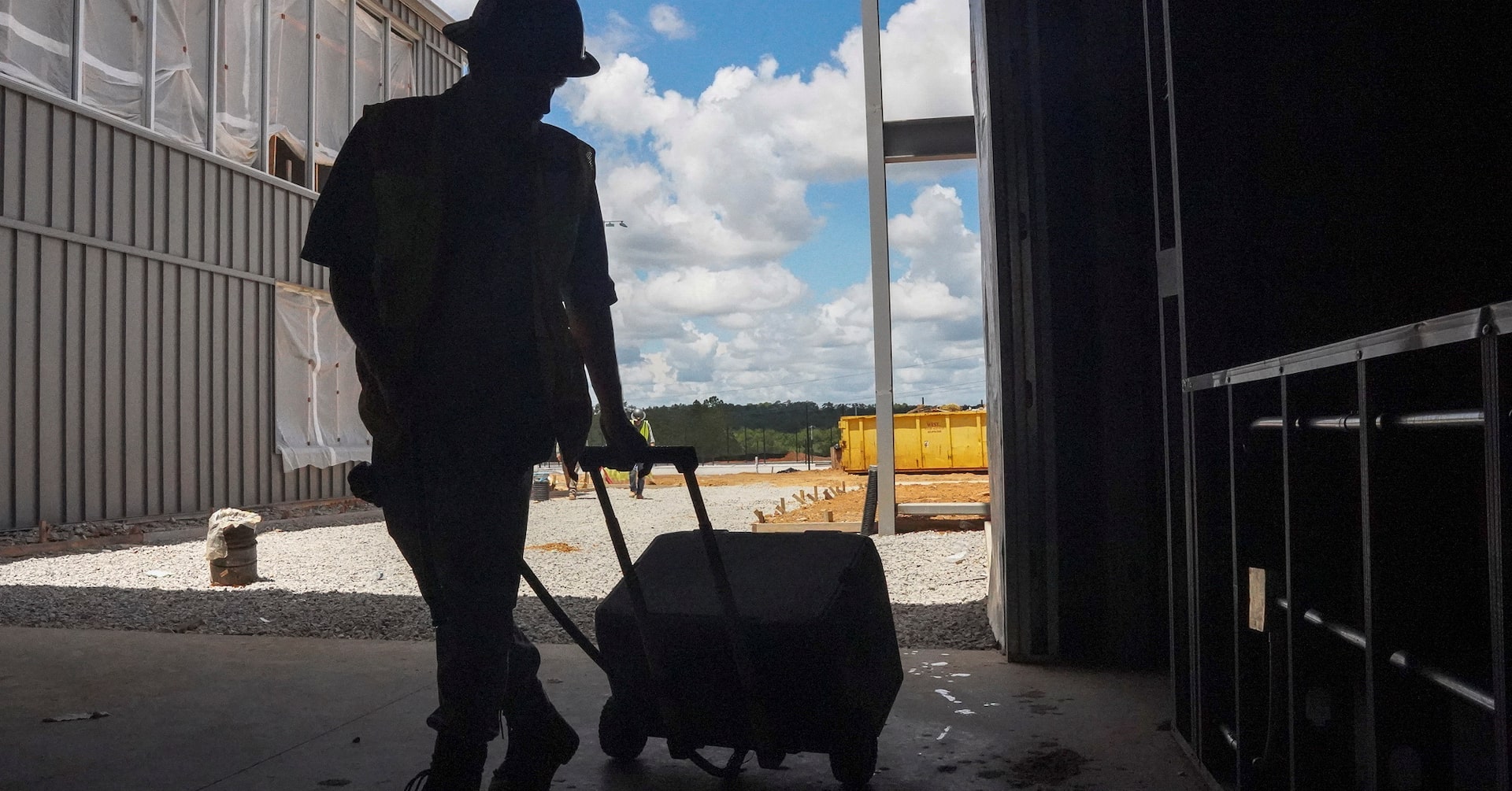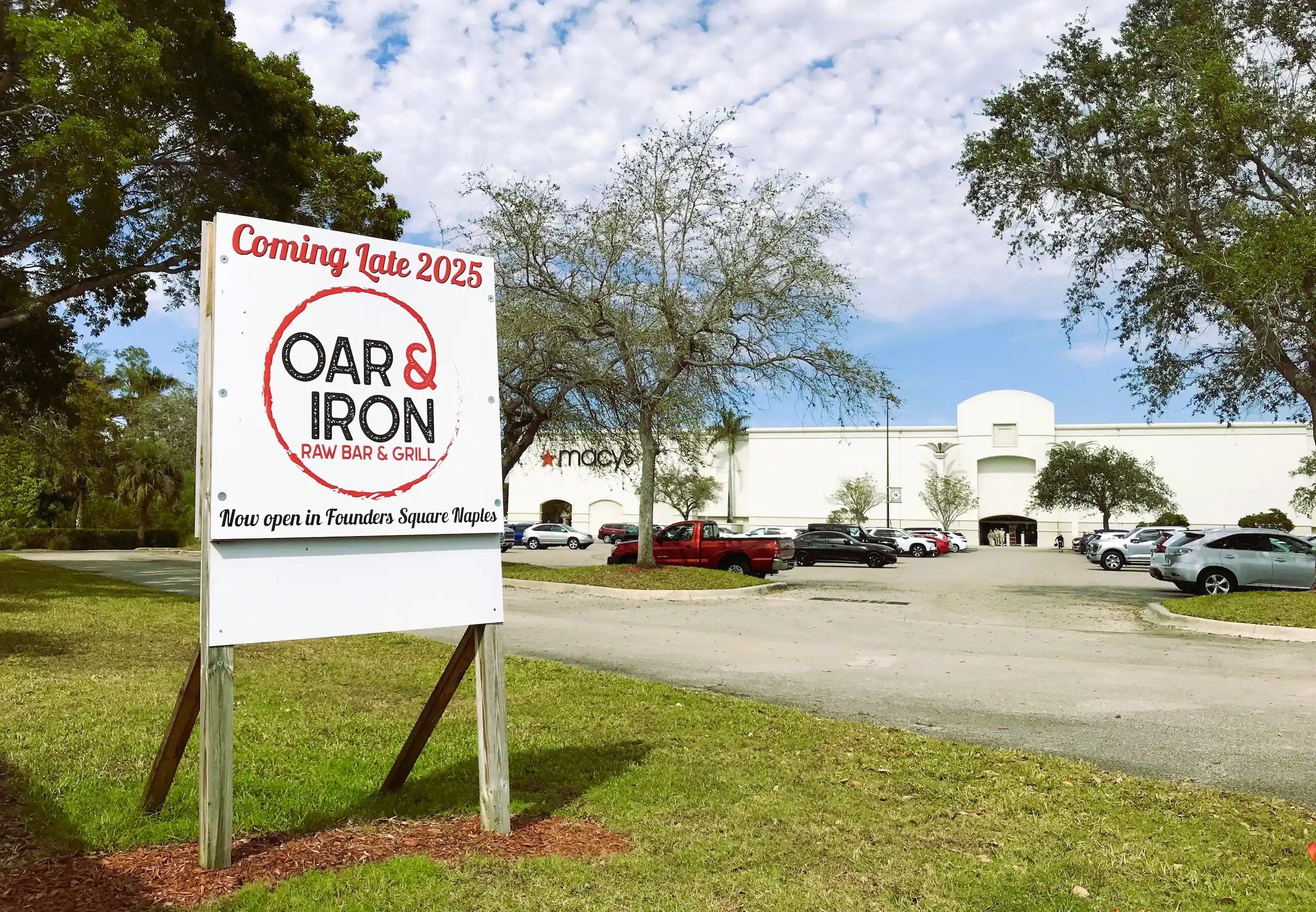Crackdown Intensifies: US Ramps Up Business Enforcement After Hyundai Probe

The Trump administration is signaling a heightened crackdown on workplace immigration violations, following a massive raid at a Hyundai manufacturing facility in Georgia that resulted in hundreds of arrests. A senior White House official announced on Sunday that the government plans to intensify its enforcement efforts against businesses employing undocumented workers.
The recent operation at the Hyundai plant serves as a stark warning to employers, demonstrating the administration's commitment to stringent immigration policies. By targeting large-scale manufacturing facilities, the government aims to send a clear message about the consequences of hiring workers without proper legal documentation.
This latest move underscores the administration's aggressive approach to immigration enforcement, suggesting that more workplace raids and investigations are likely to follow. Businesses across various industries are now on high alert, anticipating potential scrutiny of their hiring practices and workforce composition.
The raid highlights the ongoing tension between economic demands for labor and the strict immigration regulations being implemented by federal authorities. As companies grapple with these challenges, the message is unequivocal: compliance with immigration laws is now more critical than ever.








